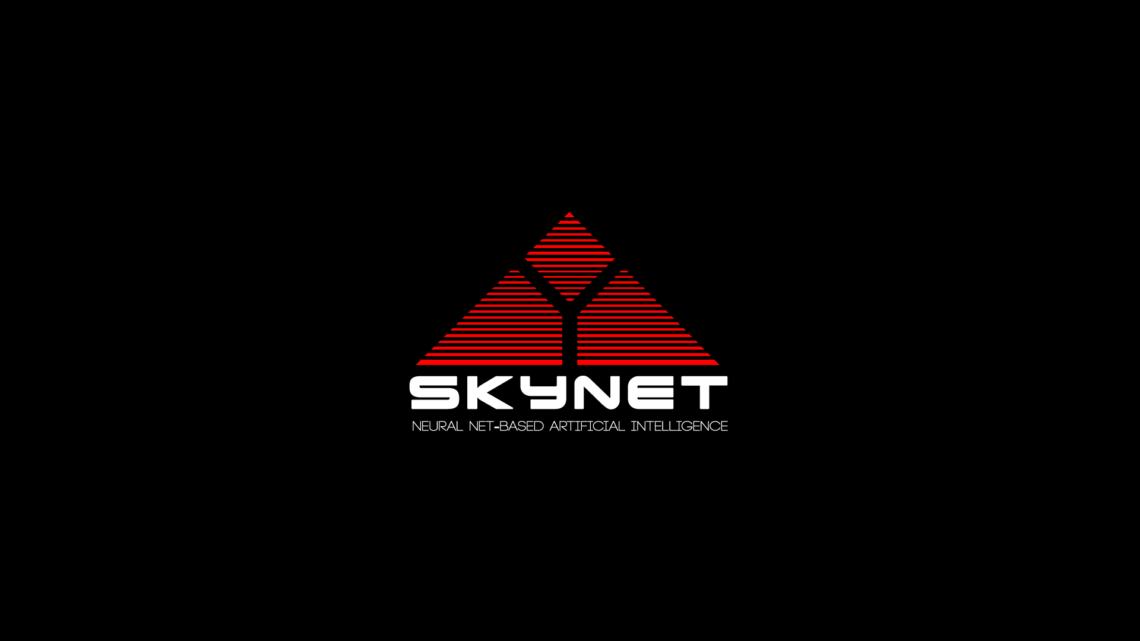Free things have become a bigger part of our lives, and to an extent we’ve grown to expect them in certain areas. New websites, online services and tools nowadays are often free. This introduces strange dynamics much of the time, in which for example on social media, the user becomes the product and the customer becomes the advertiser, the data miner, the eye of surveillance and tracking. This introduces dynamics which can create negative outcomes for users in which they are subjected to behavior modification techniques designed to maximize attention and engagement, in order to drive ad views or data generation, to the detriment of the user’s experience of using the platform. Social media is particularly guilty of this but there are others, like finance platform Mint, which provides financial analytics in exchange for sharing your data with third parties.
Jaron Lanier has written and spoken eloquently about these dynamics, how the algorithms which run these platforms often come into adversarial relationships with the users given their business model. He’s written several books and given numerous talks and interviews in which he advises people to delete their social media accounts. I’m inclined to agree with him although my response has been instead to limit and shrink my use of social media and confine it instead to only Twitter and YouTube. I’ve removed myself from Facebook and Instagram as I find Facebook and their ‘growth at any cost’ mentality to be particularly egregious in these regards.
Part of what is interesting and novel about these struggles for attention is the fact that we enter a domain where we are struggling only indirectly against other humans, and more directly with algorithms and machine learning models. The tools which are used to track and modify the behavior of millions of users concurrently, like for example on YouTube, grow more complex all the time, to the point where they become to a degree opaque to their creators. To automate this type of behavior at
scale
it’s impossible to use human labor and so machine learning, neural networks, and self-adjusting algorithms are required. This means that even the people running these platforms do not directly control or explicitly understand what’s happening. Particularly on the larger platforms in which many algorithms and processes are happeningsimultaneously, this is true. In the case of YouTube those of us who do work on the platform talk and think about ‘the algorithm’ all the time but in
fact
there are many algorithms all interacting concurrently with the single goal of maximizing attention-spend on the platform and thereby maximizing ad revenue generated.
I am not an apocalyptic techno alarmist who would cry ‘Skynet!’ in the face of this development. For example, YouTube’s algorithm has led me into some wonderful corners musically and helped me to discover a wealth of for example 80s Japanese Ambient music that my life is very much enriched by (see my post on Music, Design and Mastery for an example). There’s also a terrific community of people posting wonderful, creative house music that YouTube’s algorithm has discovered I like, and started serving me more of. I’ve discovered the work of So Inagawa this way, who I’ll probably write about soon.
But whether we find this alarming or amazing we must acknowledge that something new is happening. We are in an evolving feedback loop with complex software entities which are concurrently modifying themselves and their own view of the world and simultaneously modifying our behavior, taste and worldview. There’s a a rapid evolutionary aspect to this and it is something new and worth paying attention to.





